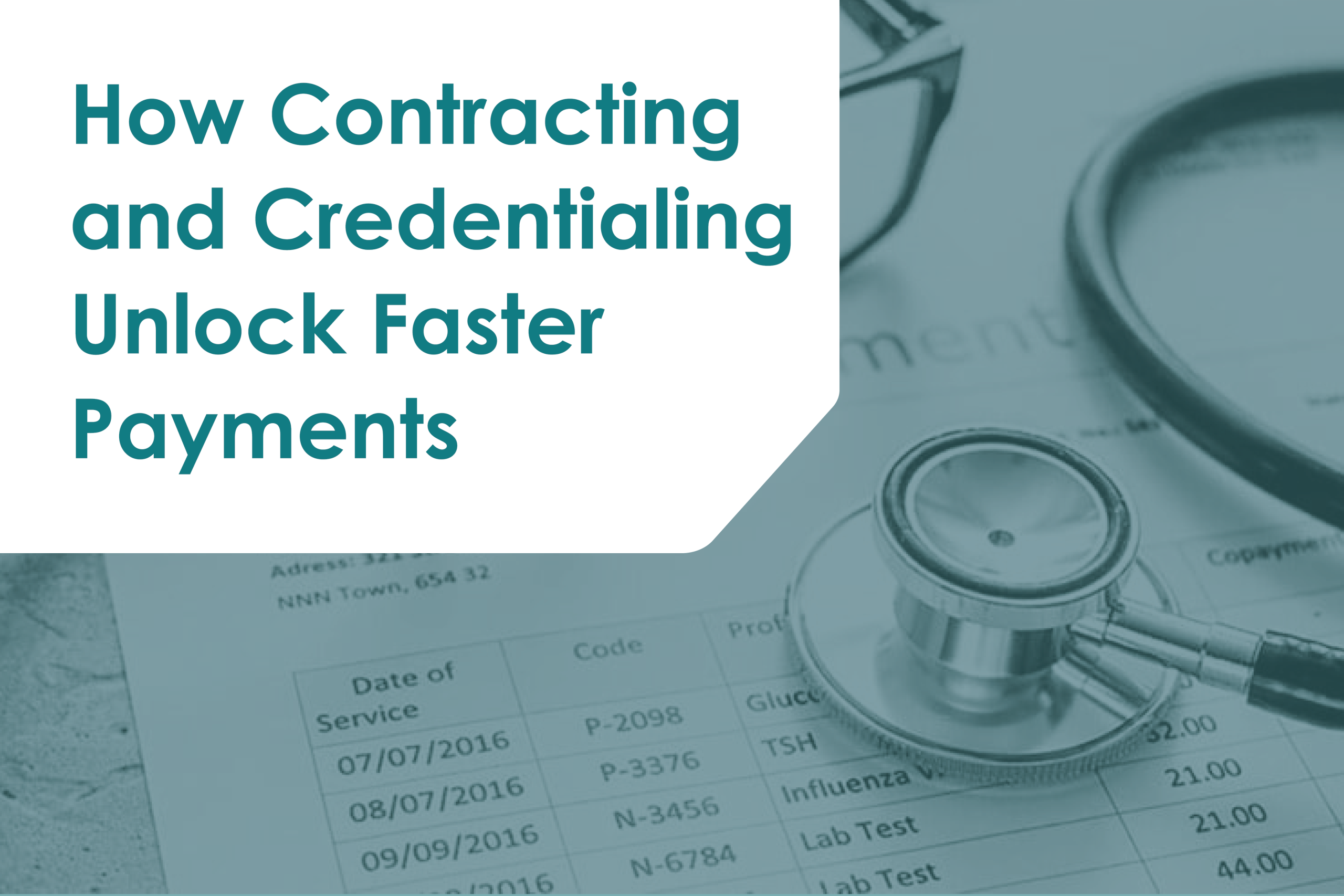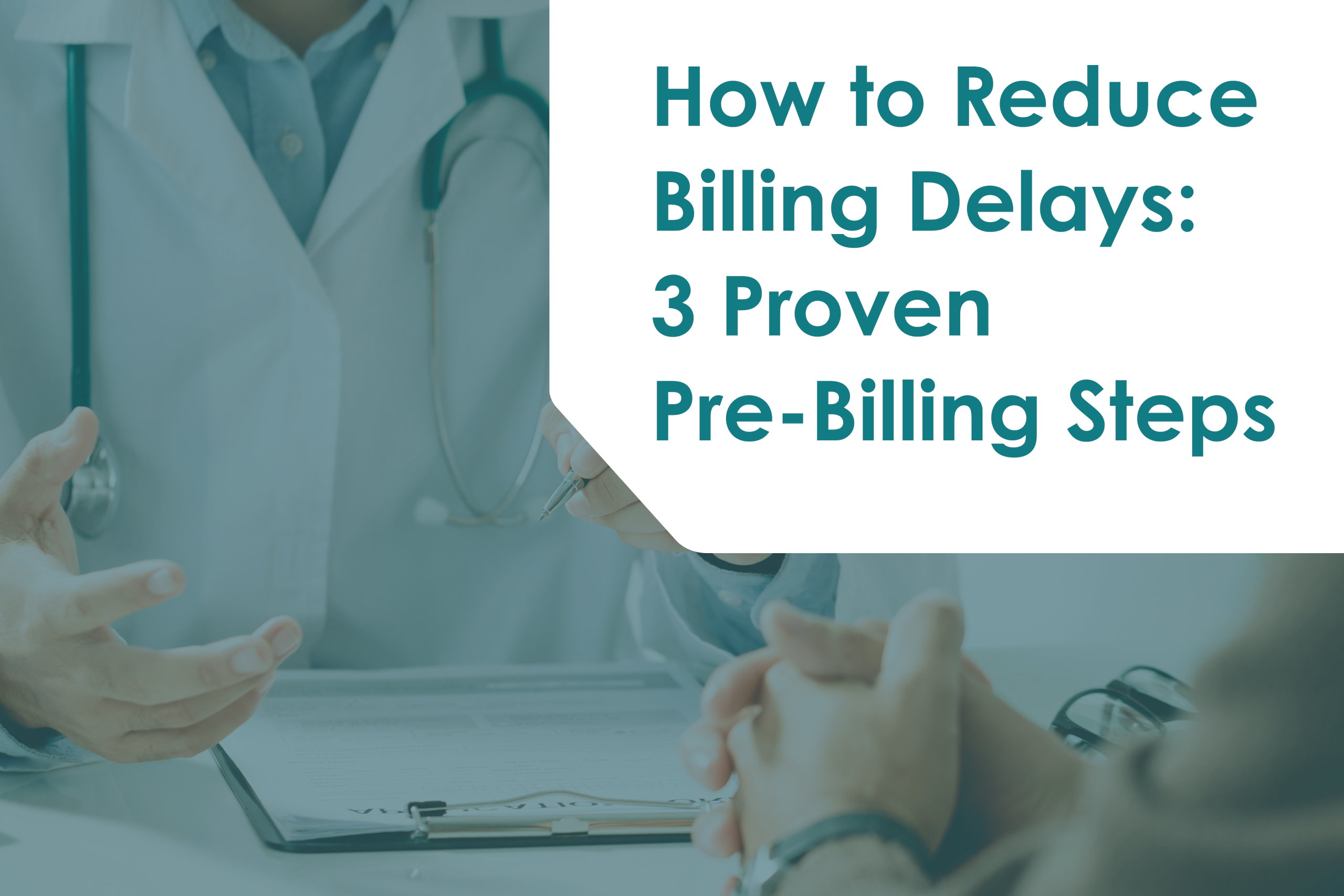- Posted on
- Hospice Billing, Uncategorized
Difference in Providers
Managing Medicare Advantage (MA) plans in healthcare billing can be incredibly complex and time-consuming—and it’s only getting more difficult as more patients opt for MA over traditional Medicare. Unlike traditional Medicare, where billing is more straightforward and standardized, Medicare Advantage introduces contractual variability, payer-specific rules and tight compliance windows that can create significant challenges for healthcare providers.
One of the most pressing issues? Patients can move between plans at any time, and many do so without notifying their care providers. This means a patient can start the month under traditional Medicare, then switch to a Medicare Advantage plan—or even to a different MA plan entirely—and providers may not know unless they proactively check eligibility each month.
Monthly Eligibility Checks Are Critical
Monthly insurance verification is non-negotiable. Patients don’t always report changes, and without monthly checks, providers risk rendering care they won’t be reimbursed for.
Insurance transitions can happen in any direction:
- From traditional Medicare to a Medicare Advantage plan
- From one MA plan to another
- Or back from MA to traditional Medicare
Each of these transitions comes with specific billing rules, and many require a discharge and readmission process. For instance, if a patient moves from traditional Medicare to an MA plan, providers must discharge and readmit the patient to align with Medicare’s recognition of payer changes. This readmission process requires updated:
- Consents
- Physician face-to-face encounters
- Clinical documentation that meets admission criteria
The First Five Days of the Month Are Mission Critical
Every month starts with a sprint: within the first five days, agencies must:
- Determine current payer status
- Confirm network participation and authorization requirements
- Submit a Notice of Admission (NOA) to the correct payer
- Assess if readmission is required
- Secure new consents and documentation if needed
This critical five-day window often gets overlooked in the daily hustle of patient care and office management. But failing to prioritize this work can lead to denied claims and unpaid services, putting significant financial strain on the agency.
Even if a patient stays within Medicare Advantage but switches plans, an NOA still needs to be submitted—and providers must determine whether they are in-network with the new plan or whether out-of-network benefits apply.
It Takes a Team—and a Plan
For agencies with large patient populations, this isn’t a task for one person. Many agencies struggle to pull internal resources away from patient care or administrative duties to dedicate time to eligibility checks and payer transitions.
That’s where Advanced Revenue Cycle Management can help.
We work with agencies to develop and streamline internal processes, offer guidance on payer requirements, and even identify opportunities for automation to ease the burden. Whether your team handles eligibility in-house or outsources part of the process, we’re here to support you in building a workflow that ensures accurate billing and timely reimbursement.
The Risk of Doing Nothing? Providing Free Care
If you’re unsure of a patient’s current insurance status—or don’t meet the billing requirements of their new plan—you could be providing care for free. Most agencies simply can’t afford that level of risk.
Staying ahead of payer changes isn’t just about compliance. It’s about protecting the financial health of your organization.


